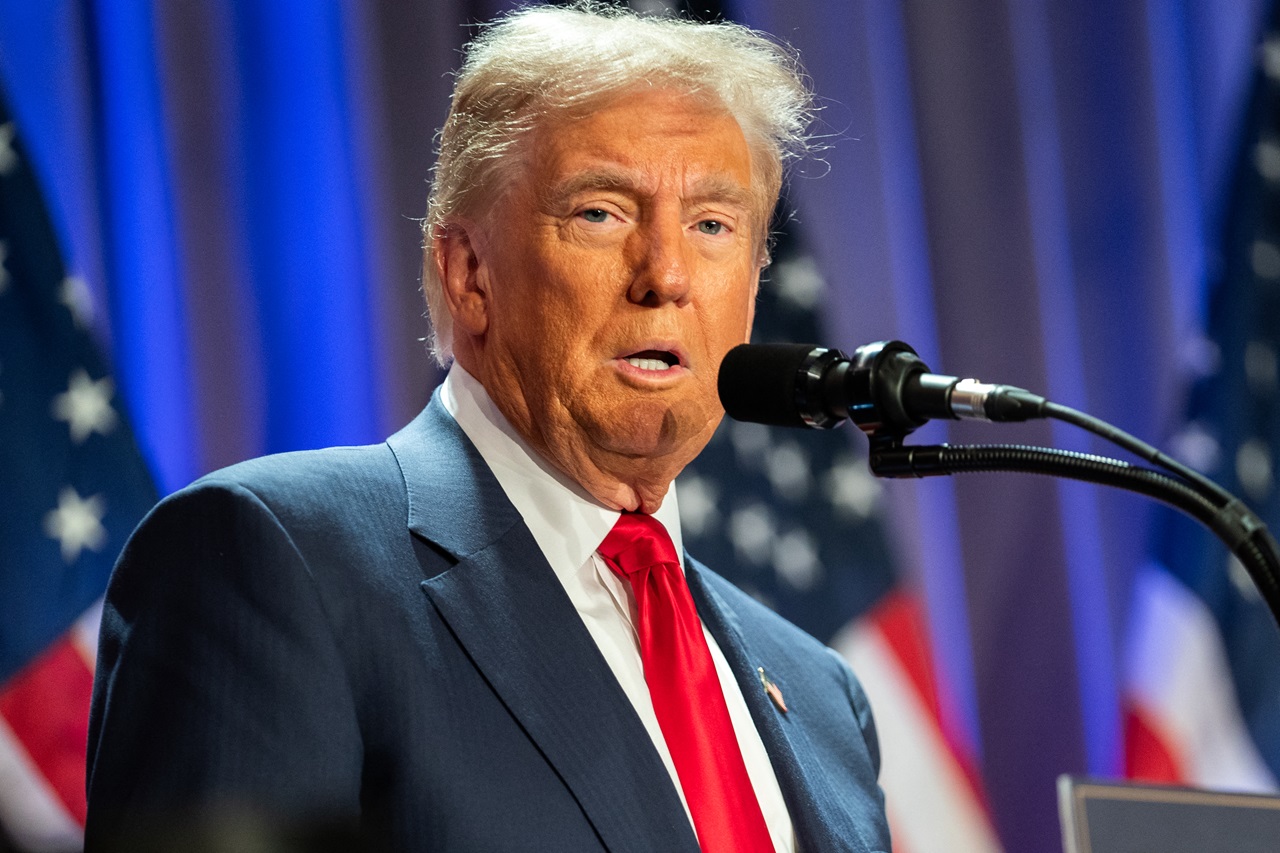
Three times Donald Trump?
Why is the president putting the possibility of a third term on the table if it is factually impossible? Another red herring to distract attention?
Donald Trump is back to doing what he does best: generating headlines, sparking controversy and testing the limits of American institutionality. In a series of recent statements, the 45th and now also 47th president of the United States hinted, with a mixture of ambiguity and provocation, that he might aspire to a third presidential term. "I'm not joking," he told NBC News. "There are methods which you could do it.”
Trump's words reactivated a disturbing question: is he paving the way to become the first president to complete a third term"? Or is it, as so often in the past, just another media ploy to keep his critics and supporters on edge? American democracy is at stake.
The possibility of a third presidential term is not new ground in American history, but it has been legally settled for more than seven decades. The 22nd Amendment to the U.S. Constitution, ratified in 1951 after Franklin D. Roosevelt's presidency, states, "No person shall be elected to the office of President more than twice..."
Trump, who already governed between 2017 and 2021, and was re-elected in 2024 after losing in 2020, will reach the two-term limit at the conclusion of his current term in January 2029. Any attempt to run again would require a constitutional amendment, a process that is not only complex, but almost unfeasible in the current political scenario.
(Almost) impossible scenarios
In his conversation with journalists, Trump hinted that there are "other methods" to extend his stay in power. One of the scenarios raised - though not fully confirmed - is that his current vice president, JD Vance, could run for president in 2028 and, once elected, resign to cede the office to Trump.
However, the 12th Amendment expressly prevents this: no one who is unconstitutionally ineligible to be president can serve as vice president. In other words, if Trump cannot be president for a third term, he cannot be vice president either. The path is closed by all avenues.
Another possibility would be an amendment pushed from Congress or a constitutional convention called by the states. But both routes require two-thirds of Congress and ratification by three-fourths of the states, something totally unlikely given the current polarization and Democratic control of several state governments.
RELATED CONTENT
A political strategy?
Then, why does he say it? For analysts and experts in political rhetoric, these types of statements respond less to a real intention to change the Constitution and more to a power consolidation strategy.
Trump is arguably sending a message that he is irreplaceable, the only one capable of 'saving' America. It is a narrative that reinforces his leadership among the most loyal and keeps alive the idea that the rules must bend when he is in charge. Trump has successfully used this type of strategy before. When in 2020 he lost the election to Joe Biden, he insisted that the process was fraudulent, leading to the assault on Capitol Hill on January 6, 2021. Since then, he has maintained a "legitimate president" narrative that, for his base, justifies even attacks on institutionality. But his way of understanding the legitimacy of his mandate is to bypass all institutions.
The recent statements can also be understood as a way to pre-emptively mobilize his supporters. By implying that "people want him to continue," Trump is rekindling the enthusiasm of an electoral base that has proven loyal even in the face of criminal investigations, impeachments and institutional scandals.
And if he tries?
Although the legal barriers seem insurmountable, it cannot be ruled out that Trump will try. His presidency has already been marked by aggressive use of executive orders, partial dismantling of the federal apparatus with the support of Elon Musk, and a vision of presidential power that many describe as "imperial."
The United States has never had a president who has served three terms since the constitutional reform of 1951. For Trump to even suggest it poses a symbolic and political challenge: will the Constitution continue to be respected if part of the country begins to demand exceptions for a charismatic leader? How strong is democracy when the most popular leader among Republicans says, bluntly, that he is "not kidding" about clinging to power?
In a country founded on the idea of alternation and checks and balances, these questions are in themselves an alarm signal.




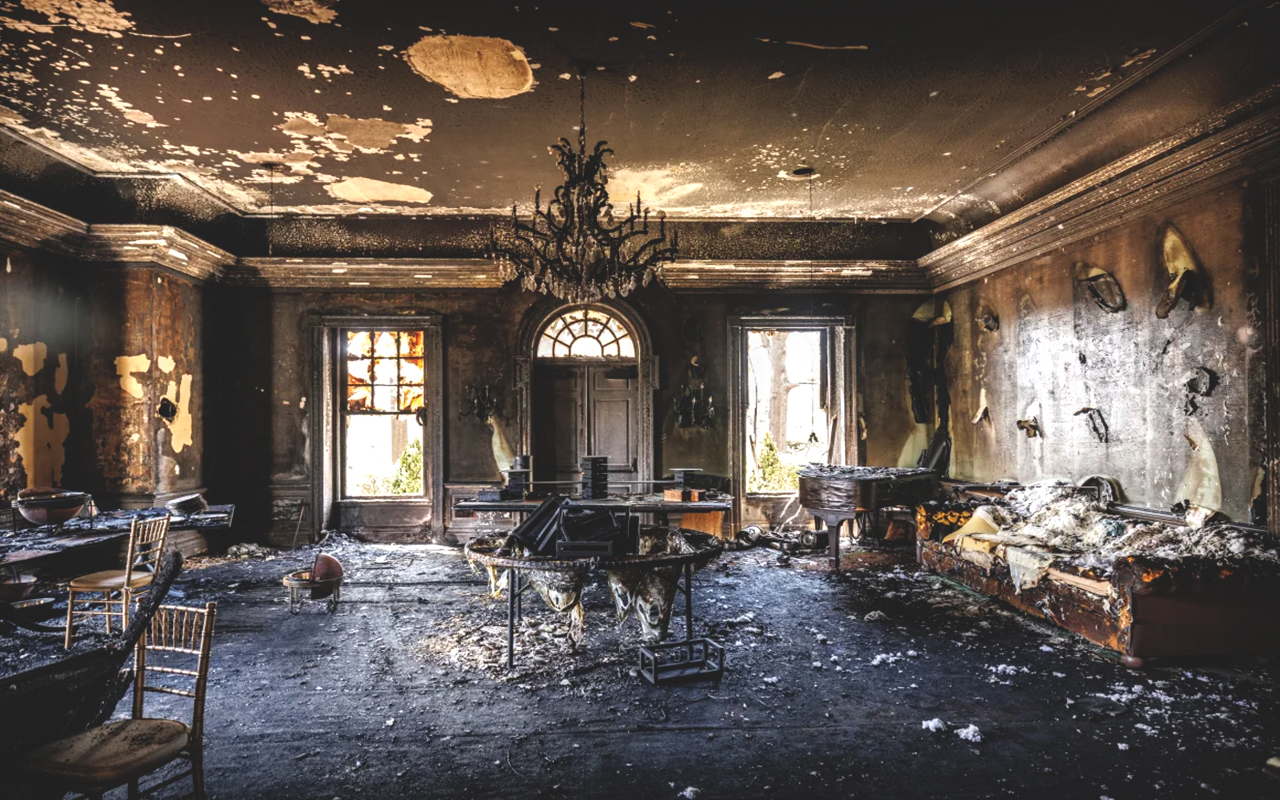
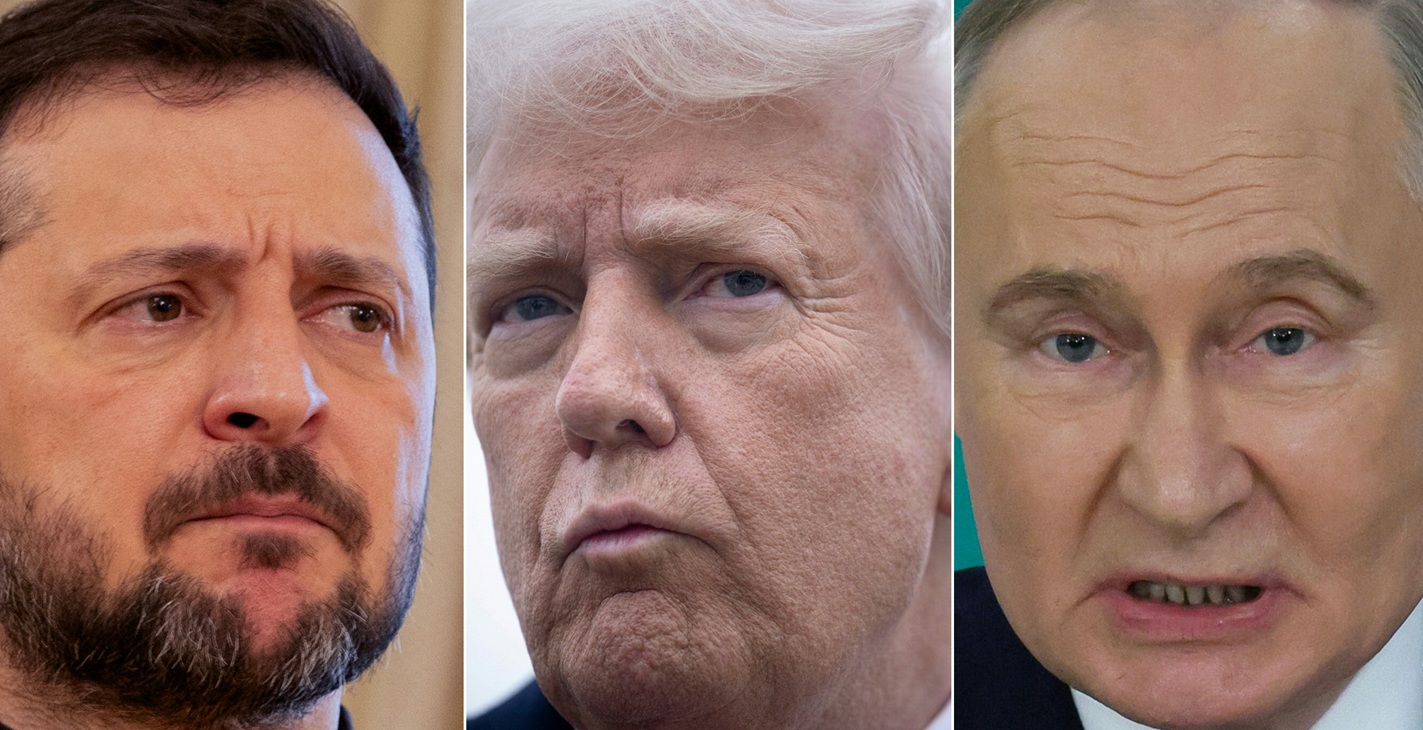

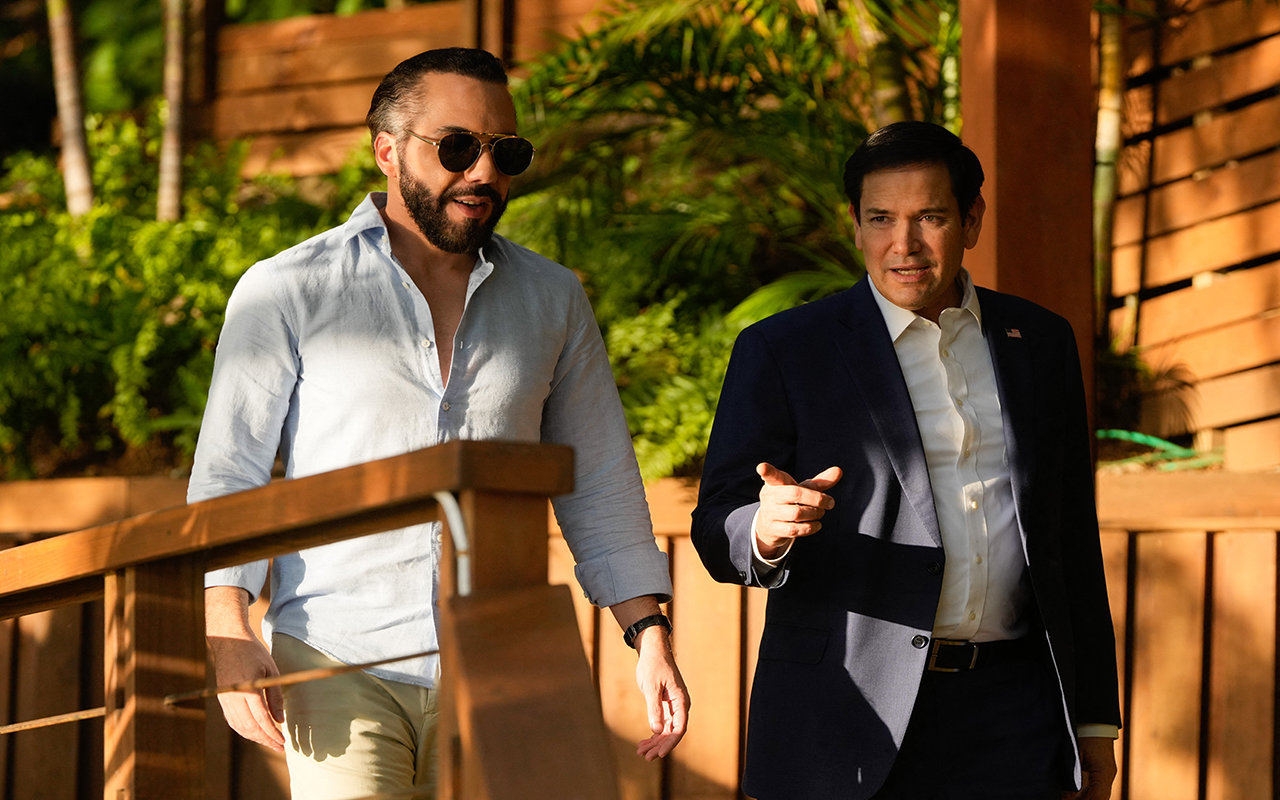

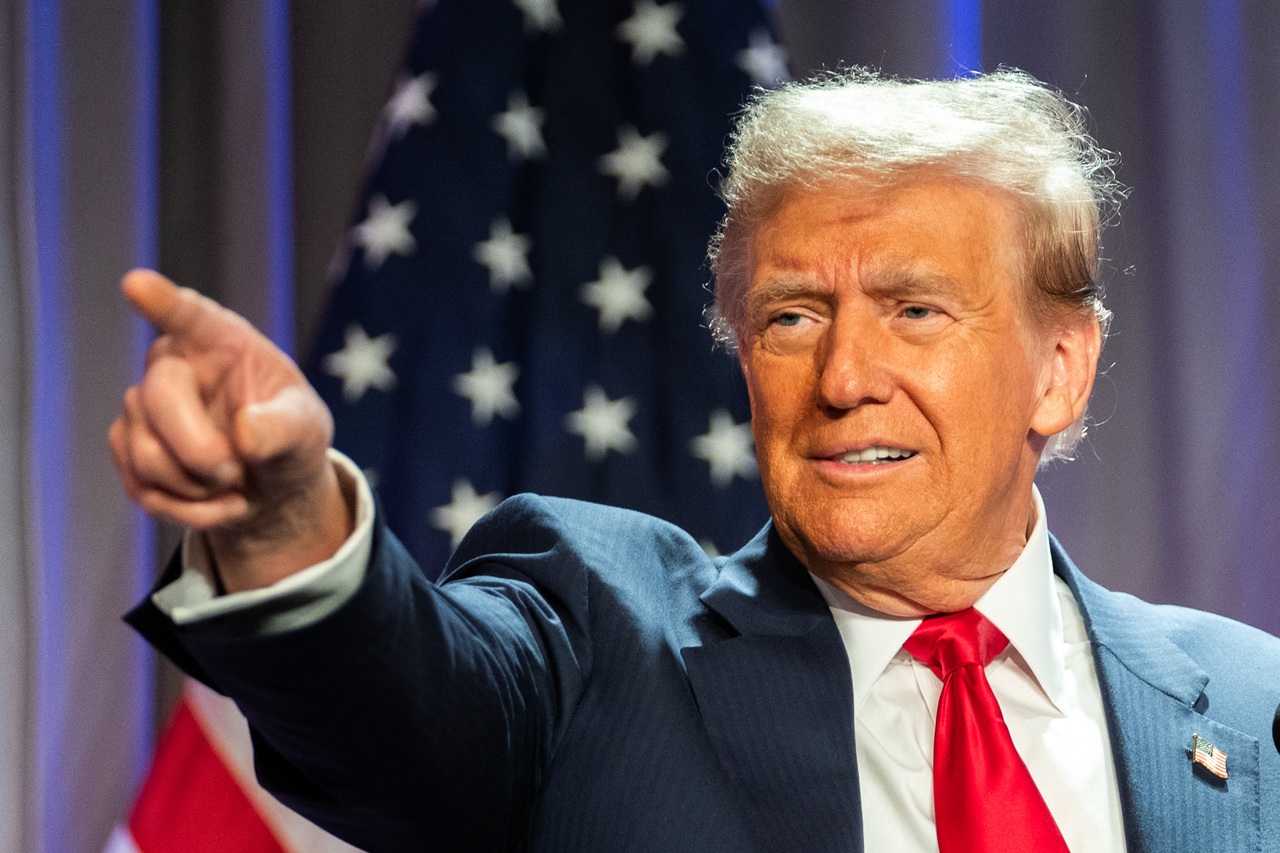

LEAVE A COMMENT: